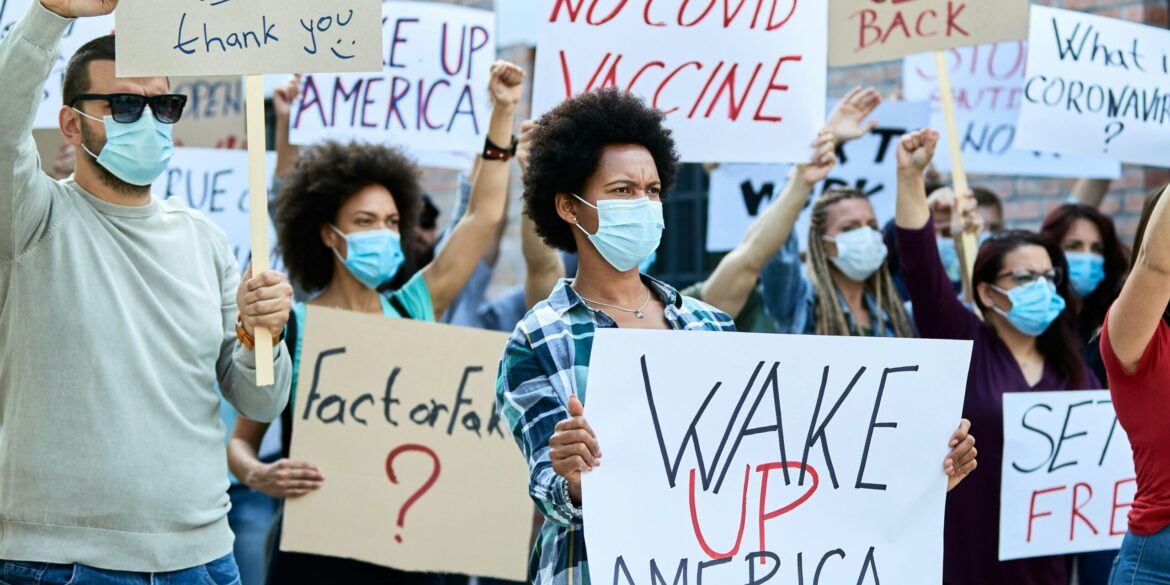The Trump administration has suspended all student visa interviews at U.S. embassies and consulates worldwide, citing a forthcoming overhaul of vetting protocols that will include extensive reviews of applicants’ social media activity. The decision, which affects all new international student visa applications, has stirred immediate controversy across the education sector, drawing concerns over free speech, academic freedom, and the potential for significant economic fallout.
Sweeping Policy Shift
Announced earlier this week, the policy halts interviews for F, M, and J visa categories, which are essential for international students enrolling in academic, vocational, and cultural exchange programs in the United States. This move is part of a broader strategy by the administration to increase scrutiny of foreign nationals—particularly those engaged in political activism—before granting them entry into the country.
Officials indicated that the suspension will remain in effect until new vetting systems, designed to examine applicants’ digital footprints, can be fully implemented. These systems will reportedly flag social media posts that U.S. authorities interpret as antisemitic or supportive of organizations designated as terrorist groups. The policy shift has been framed as a national security measure, but critics say it disproportionately targets specific political viewpoints, especially pro-Palestinian activism.
Free Speech and Legal Concerns
Civil liberties advocates and legal scholars have raised alarm over the implications of such sweeping surveillance of speech on social media platforms. They argue that this kind of scrutiny blurs the line between legitimate security concerns and political censorship. Because the new vetting guidelines remain largely undisclosed, legal experts warn of arbitrary or inconsistent enforcement.
“These measures are problematic not just because they may chill free expression, but because there is no transparency about what constitutes a red flag,” said a constitutional law professor familiar with immigration policy.
The policy could also create legal challenges for the administration, particularly if universities or affected students file lawsuits claiming violations of constitutional rights or international agreements that protect academic freedom.
Economic and Academic Fallout
Beyond the civil liberties debate, the impact on American universities is expected to be profound. International students contribute over $44 billion to the U.S. economy annually through tuition fees, housing, and related expenditures. Many institutions rely on these funds, especially elite universities that host large numbers of international scholars.
The sudden suspension of visa processing is expected to disrupt admissions and enrollment cycles, particularly for programs beginning in the fall. Academic institutions are already reporting significant uncertainty among incoming students, many of whom are now reevaluating their plans to study in the United States.
One major university, Harvard, has reportedly become a focal point of government scrutiny. In a move seen as retaliatory, the administration has revoked Harvard’s certification to enroll new international students and canceled several federal contracts worth up to $100 million. The university is now preparing legal action, alleging that these decisions are politically motivated and undermine the institution’s autonomy.
International Reactions
The decision has sparked global backlash, with several allied governments voicing concern over the abrupt halt in student visa processing. In a symbolic gesture of solidarity, Germany has offered to host a satellite campus for displaced Harvard students, signaling the depth of international disapproval over the U.S. policy.
Meanwhile, educational consortia and human rights groups have launched advocacy campaigns urging the administration to reconsider. Petitions, open letters, and coordinated statements from academic leaders across the globe are calling for an immediate reversal of the visa suspension and a transparent framework for any future vetting procedures.
What Comes Next
As universities, students, and foreign governments scramble to respond, the Trump administration has yet to issue a detailed timeline for when visa processing might resume or how the new vetting rules will be applied. For now, thousands of prospective students remain in limbo, caught in a policy shift that has quickly become one of the most contentious in recent memory.


